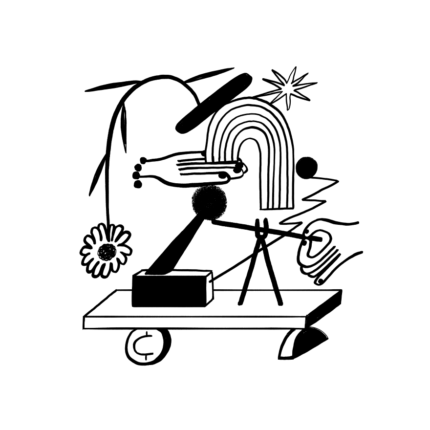
How women can use their HSA to set a smooth path for retirement
Why do women tend to struggle to save enough money for retirement? Here are a few creative ways to start changing that paradigm.
On average, women work fewer years and see less income than men. But we live longer. It’s no surprise then that we should be saving even more money than men in order to enjoy a secure retirement. Health savings accounts (HSAs) help us do just that.
Let’s begin by talking about the financial challenges women face.
Women vs. Men
On money matters, the inequality between the genders is real. Why do women tend to struggle to save enough money for retirement? Well, statistically speaking, women…
- Generally earn less. In 2017, women working full-time and year-round in the United States were paid 20 percent less than men in comparable positions. Yikes! While the wage gap has decreased since the 20th century, progress has slowed in recent years.
- Take more career breaks. Women take time off of work to raise children at rates far higher than men. In fact, it’s still virtually expected that women should bear this burden in greater numbers than their male counterparts.
Women who return after a period of unemployment are more likely to stay unemployed for longer than a year. These breaks impact both immediate income levels for women and also have long-term impacts on their ability to obtain promotions and generally advance in the workplace—which, of course, negatively impacts their lifetime earnings.
- Live longer. Women who reached age 65 in 2016 are expected to live almost three years longer than men, according to the Social Security Administration. More than 70% of nursing home residents are women.
All the facts point to facing this reality: women need more income for general living expenses and additional healthcare associated with aging.
Among the retirement funds available to women, HSAs stand out as a unique solution. Taking advantage of saving through an HSA early in your life can really make a difference.
An HSA Can Help Your Money Go Further
An HSA has a triple-tax-advantage, which means that you are allowed tax-deductible contributions, tax-deferred earnings, and tax-free distributions for qualified medical expenses.
These tax savings can free up money to save or spend elsewhere, while the unused contributions can be saved for retirement. And women especially need to think long-term. HSA assets can pay for qualified medical expenses, but they aren’t required to be used. Unlike a flexible spending account (FSA), an HSA is not subject to the “use it or lose it” rule. Balances are carried forward from year to year and into retirement, so no matter how long you live (hopefully a really long time!), those funds are yours to keep, grow, spend… whatever suits you.
An HSA Can Help You Save During a Career Break
You remain eligible to contribute to an HSA even while you’re not bringing home a paycheck (‘cause hey, we know you’re still working when you’re taking care of the kids).
For example, if a woman is covered by her spouse’s HSA-eligible, high-deductible health plan (HDHP), she may continue to put money into her HSA up to the annual limit. This means her HSA can keep growing even during a career break.
An HSA Can Help You in Retirement
Heads up for anyone in the young crowd. It’s estimated that women will need $150,000 (that’s $15,000 more than men) for health care expenses in retirement, as reported by Fidelity Investments in an annual analysis from 2019.
Medical expenses in retirement, you say? What about Medicare? Sadly, Medicare doesn’t cover every medical expense during retirement. Expenses like dental, basic vision, over-the-counter medicines, and long-term care are not covered. So instead of drawing from retirement plans or an IRA, you can use your HSA funds for qualified medical expenses such as those not covered by Medicare, as well as Medicare premiums.
Look Ahead
Depending on where you’re at in this wild game of life, imagining yourself in your 60s may seem like a stretch. But when you reach 65, you can take HSA distributions for any reason without penalty (keeping in mind you’ll pay taxes on those distributions if they aren’t qualified medical expenses). HSA savings are powerful for health costs (always), and especially in retirement when your funds really just become income like they would in any other retirement savings plans.
There are so many great reasons to consider an HSA. You can use the funds to lessen the burden of higher healthcare costs and as supplemental income in your retirement. Considering making HSA savings a priority now, and it could pay off big time down the line!
Ladies, your financially smooth future awaits.


